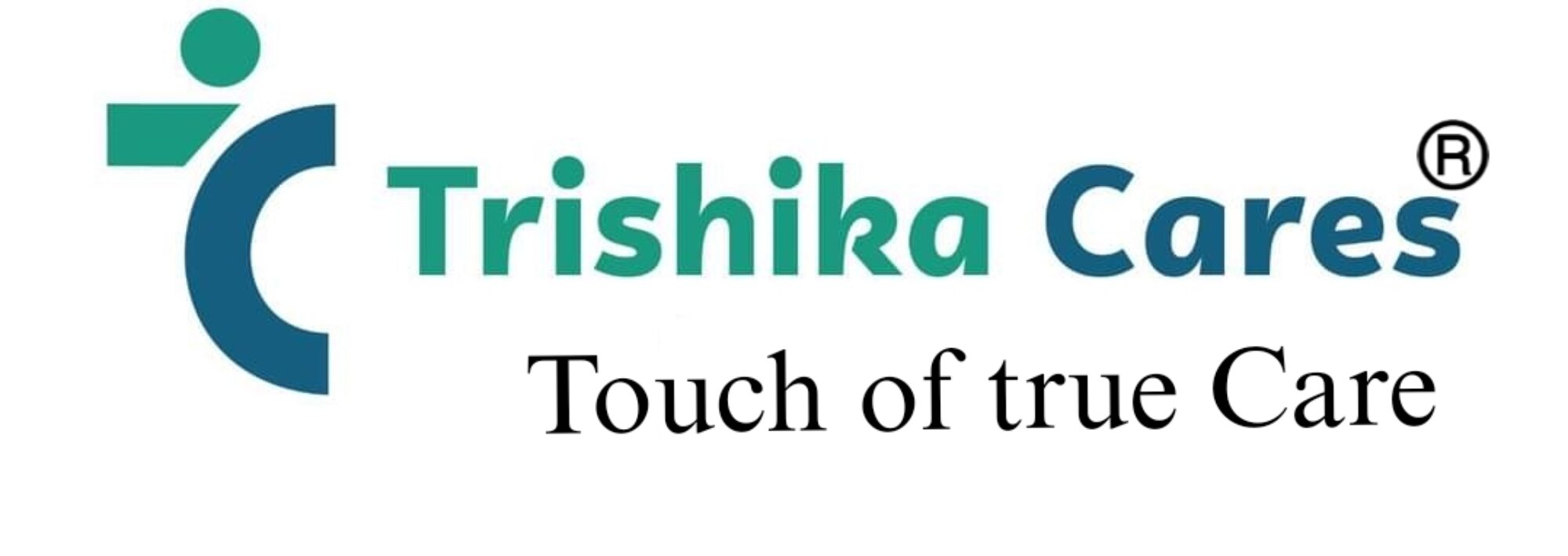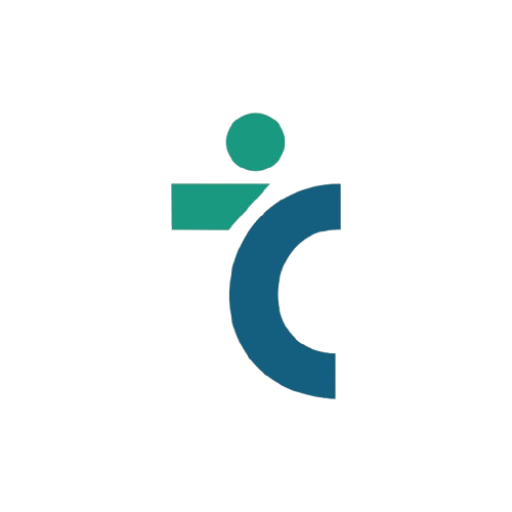Heart Disease, Hypertension, and High Cholesterol: Understanding the Connection and How to Manage Them
BlogIntroduction
Heart disease, hypertension (high blood pressure), and high cholesterol are closely linked conditions that can significantly impact your health. Together, they form a dangerous trio that increases the risk of heart attacks, strokes, and other cardiovascular issues. Understanding the relationship between these conditions, their causes, and how to manage them can be key to maintaining a healthy heart.
What is Heart Disease?
Heart disease, also known as cardiovascular disease (CVD), refers to a range of conditions affecting the heart and blood vessels. These include:
- Coronary Artery Disease (CAD): Blockages in the arteries supplying the heart.
- Heart Failure: The heart’s inability to pump blood effectively.
- Arrhythmias: Abnormal heart rhythms.
- Heart Valve Issues: Problems with the heart’s valves that affect blood flow.
Coronary artery disease, often caused by the buildup of cholesterol-rich plaque in the arteries, is one of the most common types of heart disease.
What is Hypertension?
Hypertension, or high blood pressure, is a condition where the force of blood against the artery walls is consistently too high. This constant pressure can weaken the arteries and contribute to the development of heart disease, stroke, and kidney damage.
Symptoms of Hypertension
Hypertension is often called the “silent killer” because it typically shows no symptoms until serious complications arise. However, some people may experience:
- Headaches
- Shortness of breath
- Nosebleeds
- Chest pain
Since symptoms often don’t appear until damage is done, regular blood pressure checks are crucial.
What is High Cholesterol?
Cholesterol is a fatty substance found in your blood, which is necessary for building cells and producing hormones. However, having too much of the wrong type of cholesterol can cause problems.
- Low-Density Lipoprotein (LDL) Cholesterol: Known as “bad” cholesterol, it contributes to plaque buildup in the arteries, leading to blockages.
- High-Density Lipoprotein (HDL) Cholesterol: Known as “good” cholesterol, it helps remove excess cholesterol from the bloodstream.
When LDL cholesterol levels are too high, it can lead to atherosclerosis (hardening of the arteries) and significantly increase the risk of heart disease.
The Dangerous Connection Between These Conditions
Heart disease, hypertension, and high cholesterol often work together in a harmful cycle:
- High cholesterol contributes to the buildup of plaque in the arteries, which narrows them and makes it harder for blood to flow. This can lead to high blood pressure.
- Hypertension places extra strain on the heart and blood vessels, making it easier for plaque to form in the arteries. This, in turn, increases the risk of developing heart disease.
- Heart disease may result from the combined effects of high blood pressure and cholesterol, ultimately leading to heart attacks or strokes if left unmanaged.
Causes and Risk Factors
There are several risk factors that can contribute to heart disease, hypertension, and high cholesterol, many of which are interconnected:
- Poor Diet:
- A diet high in saturated fats, trans fats, salt, and sugar can raise cholesterol and blood pressure levels, directly impacting heart health.
- Lack of Exercise:
- A sedentary lifestyle can lead to obesity, high cholesterol, and hypertension, all of which increase the risk of heart disease.
- Obesity:
- Excess body weight puts strain on the heart and arteries, contributing to both high cholesterol and hypertension.
- Smoking:
- Smoking damages the blood vessels, raises blood pressure, lowers “good” HDL cholesterol, and increases the risk of plaque formation in the arteries.
- Excessive Alcohol Consumption:
- Heavy drinking can raise blood pressure and cholesterol levels, negatively impacting heart health.
- Genetics:
- Family history plays a significant role in your risk for heart disease, hypertension, and high cholesterol. Some people are genetically predisposed to having higher cholesterol levels or hypertension.
- Age and Gender:
- The risk of heart disease, high blood pressure, and high cholesterol increases with age. Men are more likely to develop these conditions earlier in life, though women’s risk rises after menopause.
Diagnosis
For Heart Disease:
- Electrocardiogram (ECG): Measures the electrical activity of the heart.
- Echocardiogram: An ultrasound that shows the heart’s structure and function.
- Stress Test: Assesses how the heart performs under physical exertion.
- Angiogram: A test using dye and X-rays to show blockages in the coronary arteries.
For Hypertension:
- Blood Pressure Measurement: Taken with a cuff to assess systolic and diastolic pressure.
- 24-hour Ambulatory Monitoring: A device that measures blood pressure at regular intervals throughout the day.
For High Cholesterol:
- Lipid Panel Blood Test: Measures LDL, HDL, and total cholesterol levels in the blood.
Management and Treatment
While the three conditions are closely linked, managing one often benefits the others. Here’s how you can address each:
Lifestyle Changes
- Heart-Healthy Diet:
- Incorporating fruits, vegetables, whole grains, and lean proteins can help lower cholesterol and blood pressure. Foods high in omega-3 fatty acids, such as salmon and walnuts, are beneficial for heart health.
- Exercise:
- Regular physical activity (30 minutes a day) can help maintain a healthy weight, lower blood pressure, and raise “good” HDL cholesterol.
- Weight Management:
- Losing excess weight can significantly reduce blood pressure, cholesterol levels, and the risk of heart disease.
- Quit Smoking:
- Quitting smoking improves heart and lung health, lowers blood pressure, and raises HDL cholesterol.
- Limit Alcohol:
- Reducing alcohol intake can lower blood pressure and improve overall heart health.
Medications
In some cases, lifestyle changes alone are not enough to control hypertension, cholesterol, or heart disease. Doctors may prescribe medications to help manage these conditions.
- For Hypertension:
- Diuretics: Help remove excess sodium and water from the body.
- Beta-blockers: Reduce the heart rate and the force of the heart’s contractions.
- ACE Inhibitors: Help relax blood vessels by blocking the hormone that tightens them.
- For High Cholesterol:
- Statins: Lower LDL cholesterol by inhibiting the enzyme responsible for cholesterol production in the liver.
- Cholesterol Absorption Inhibitors: Reduce the amount of cholesterol absorbed from food.
- For Heart Disease:
- Aspirin: Helps prevent blood clots that could lead to heart attacks.
- Nitrates: Relieve chest pain by widening blood vessels.
- Antiplatelet Drugs: Prevent platelets from clumping and forming blood clots.
Monitoring and Follow-Up
Regular check-ups are essential to monitor blood pressure, cholesterol levels, and heart health. Staying proactive with your health can prevent complications and catch any problems early.
Conclusion
Heart disease, hypertension, and high cholesterol are serious conditions that can lead to life-threatening complications if left untreated. However, with the right lifestyle changes, medications, and regular monitoring, these conditions can be effectively managed. Maintaining a heart-healthy lifestyle—focused on proper diet, exercise, and avoiding harmful habits—can dramatically reduce your risk and improve your overall well-being.

